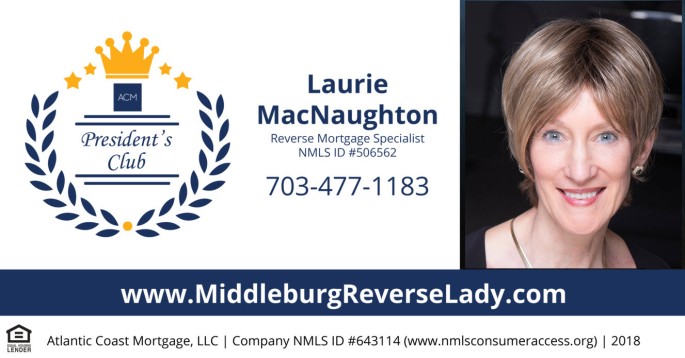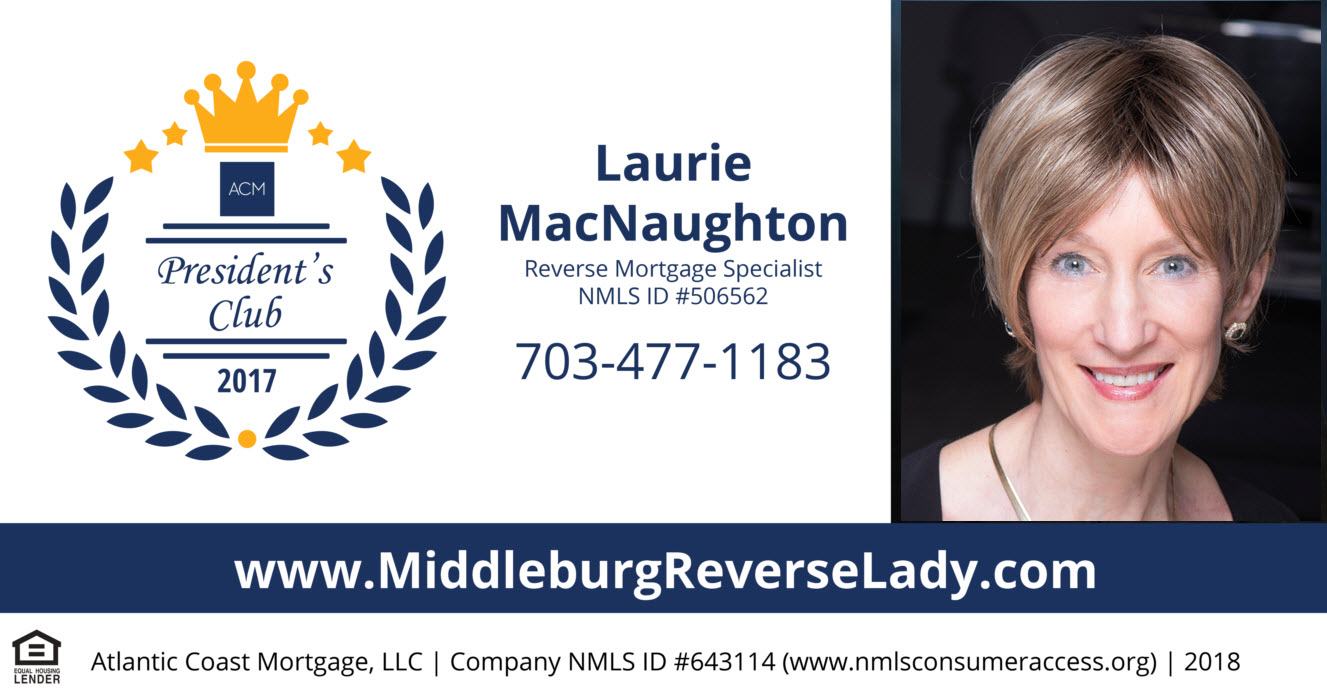I don’t know when I dozed off, but it was sometime after watching the mercilessly utilitarian clock above the door turn one. I do know when I awoke.
The petite night-duty nurse, in for her 3:00 rounds, was saying, “Wait – wait, Ms. Jean. Let me unplug you.”
Unplug? Unplug? Scary things come to mind when that word is uttered in a hospital room.
And as I stirred to wakefulness I saw the unbelievable: my mother, not 10 hours out of surgery – and who had not eaten for two weeks – was struggling to get out of bed to use the restroom. “Lollipop,” she said, using a nickname I probably last heard when I was three, “Lollipop, can you grab the blanket so it doesn’t touch the floor? And see if you can find my robe and slippers.” No wristband ID confirmation necessary here.
My mother has Stage 4, primary-site pancreatic cancer; there is no Stage 5. She has multiple, large liver lesions, “hot-spots” on her bones, and a spot on one lung. When I arrived last Friday she was slipping in and out of consciousness, so jaundiced and gaunt she resembled the figure in Edvard Munch’s The Scream, if someone had taken a yellow highlighter to it.
Four o’clock Wednesday she was rushed into surgery to have a stent inserted into the common bile duct in hopes of making her more comfortable. Now here she was, not just intent on getting up, but on doing so under her own power – and with attention devoted to tangential issues. I half expected her to ask me if there were fresh guest towels in the bathroom and roses in the guestroom.
This woman, my mother, needs no urging from Dylan Thomas: she goes not gentle into that good night. I flew to Arizona assuming I would plan a funeral. Instead I have had truly intimate hours with a woman to whom intimacy does not come easily.
But no matter how feisty, how determined, how strong – or strong-willed – the person, pancreatic cancer always wins. Additionally, her cancer came as no surprise: my mother is a Wasserman, and it’s always cancer that kills Wasserman women.
The surprise came, rather, in what preparations remained unaddressed, issues that almost assuredly would have created unnecessary distress if she had slipped away last weekend as roundly anticipated by doctors and family alike.
The following is not intended to be a complete list of vitally-important documents, but it includes some biggies which can be easy to overlook.
1) A professionally prepared, recently updated will. My parents have had a will for decades, but it was last updated 10 years ago and was woefully out of date.
2) Trust documents.
3) A professionally-prepared power of attorney.
4) An advanced medical directive, prepared by an attorney.
5) A letter of competency, prepared by a medical doctor who has known the patient dating back to the time the patient was mentally competent. I highlight this because this letter of competency can be almost impossible to obtain once the patient has lost mental competency – whether it’s due to the onset of dementia, a coma, or any other condition that might render the patient unable to make his/her own legal, medical, or financial decisions. I have included two samples, below.
6) Home mortgage information.
7) A list of bank and brokerage accounts, life insurance policies, annuities or other managed accounts, along with user-names, passwords, and account numbers.
8) The whereabouts of the key to the safe deposit box.
9) The whereabouts of any handguns. When my father died I thought ours was the only family who struggled to locate the handgun. I have since heard from many others who have had similar issues.
10) Funeral and burial instructions, and documents for any pre-paid arrangements.
There is not much one can do to make the loss of a parent easier. But, there are many ways to make it harder – and a frantic search for crucial items can be a monumental source of distress.
Against all odds, against all professional assumptions, my mother came home today. But we all know the day is hard upon our heels when she will not come home at all.
But now at least we can devote these last days to her, rather than to a mad scramble to assemble critical documents.
If you have stories or experiences you would like to share, give me a call. I always love hearing from you.
Laurie
Laurie MacNaughton [NMLS# 506562] · Reverse Mortgage Consultant, President’s Club · Middleburg Mortgage, a Division of Middleburg Bank · 20937 Ashburn Road, Suite 115 ·Ashburn, Virginia 20147 · 703-477-1183 Direct · LMacNaughton@MiddleburgBank.com
Below are sample letters of competency. I typically encourage family members to print these off for the attending physician so s/he is sure to include necessary elements:
Physician’s Letterhead Here
Date
To Whom It May Concern:
Jane Doe (DOB 06/06/30) has been a patient under the care of this medical practice since 19**. She has been seen on a regular basis throughout this time. Medical records indicate that at no time during her care has she lacked capacity to make independent legal, medical, and financial decisions.
Ms. Doe was diagnosed in (month, year) with _________. However, it is the professional opinion of this medical practice that this has in no way impaired her ability to make her own legal, medical, and financial decisions.
Feel free to contact me at (000) 123-4567 if you require further information.
Sincerely,
____________________________________
John Brown, MD
Or:
Date
To Whom It May Concern:
Jane Doe (DOB 06/06/30) has been a patient under the care of this medical practice since 19**. She has been seen on a regular basis throughout this time. Medical records indicate that until (month, year) she had mental capacity to make independent legal, medical, and financial decisions on her own.
Ms. Doe was diagnosed in (month, year) with dementia. It is the professional opinion of this medical practice that she no longer has the ability to make independent legal, medical, and financial decisions.
Feel free to contact me at (000) 123-4567 if you require further information.
Sincerely,
____________________________________
John Brown, MD





